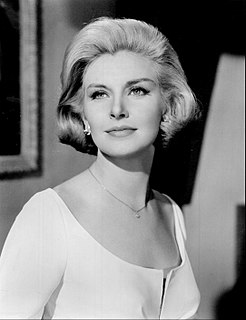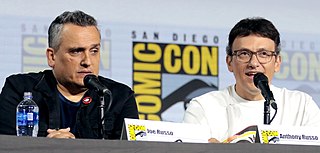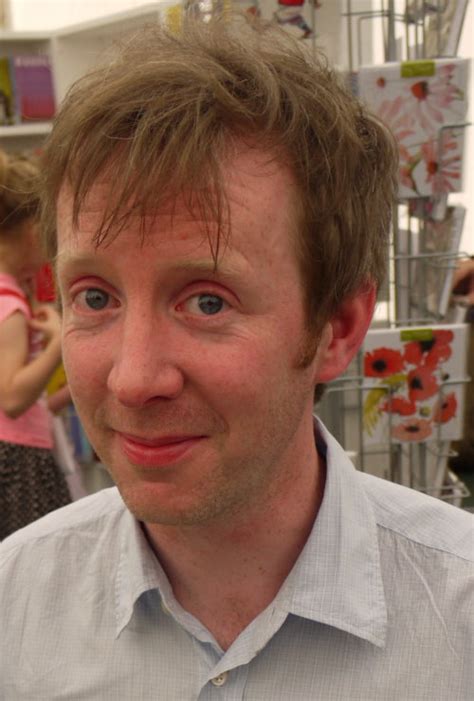A Quote by Susan Wittig Albert
The healing that can grow out of the simple act of telling our stories is often quite remarkable.
Related Quotes
The healing that can grow out of the simple act of telling our stories is often quite remarkable. Even more remarkably, this healing is not just our own healing, it is the healing of all women. That's why, as we tell our stories to ourselves, it is also important to share them with others. This sharing brings a sense of kinship, of sisterhood. We understand that we are not alone in our efforts to become conscious, whole, healthy persons.
It is natural that our minds replay old stories, because that is our own mechanism for trying to work out unresolved problems. Yet rerunning those stories will be a fruitless looping until we learn how to move from the story into our body. This is why therapy alone often doesn't bring full healing and awakening.
It has been said, "History is written by the victors." I take this to mean we can make ourselves victorious by writing, and then rewriting our own stories. In a country and culture so dominated by media, by the manipulation of words and stories, telling the tales of people whose stories historically have not been told is a radical act and I believe an act that can change the world and help rewrite history.
My real purpose in telling middle-school students stories was to practice telling stories. And I practiced on the greatest model of storytelling we've got, which is "The Iliad" and "The Odyssey." I told those stories many, many times. And the way I would justify it to the head teacher if he came in or to any parents who complained was, look, I'm telling these great stories because they're part of our cultural heritage. I did believe that.
The message that underlies healing is simple yet radical: We are already whole.... Underneath our fears and worries, unaffected by the many layers of our conditioning and actions, is a peaceful core. The work of healing is peeling away the barriers of fear that keep us unaware of our true nature of love, peace, and rich interconnection with the web of life. Healing is the rediscovery of who we are and who we have always been.
For girls and women, storytelling has a double and triple importance. Because the stories of our lives have been marginalized and ignored by history, and often dismissed and treated as 'gossip' within our own cultures and families, female human beings are more likely to be discouraged from telling our stories and from listening to each other with seriousness.
I learned as a really young kid, when my dad was telling me one story and my mom was telling me another that, even as a 5-year-old boy, there was no way that both of these stories are true. Something in the middle is true, and I have to figure out what it is, what the truth is, and I never did quite figure that out.
I enjoy a third act, and I like stories with ending. A lot of my frustration with serialized storytelling is a lot of shows don't have a third act. They have an endless second act, and then they find out it's their last year and often have to hustle to invent a third act, but they were never necessarily organically meaning to begin with.
So I found myself telling my own stories. It was strange: as I did it I realised how much we get shaped by our stories. It's like the stories of our lives make us the people we are. If someone had no stories, they wouldn't be human, wouldn't exist. And if my stories had been different I wouldn't be the person I am.
History, in the end, is only another kind of story, and stories are different from the truth. The truth is messy and chaotic and all over the place. Often it just doesn’t make sense. Stories make things make sense, but the way they do that is to leave out anything that doesn’t fit. And often that is quite a lot.





































